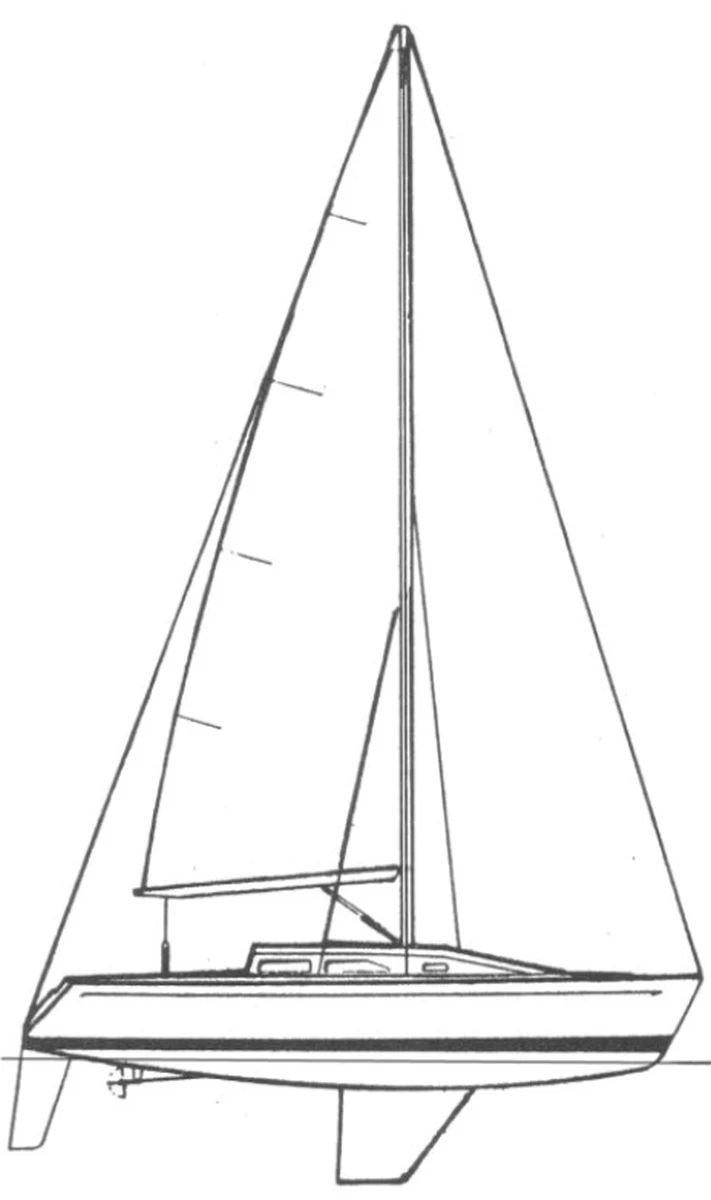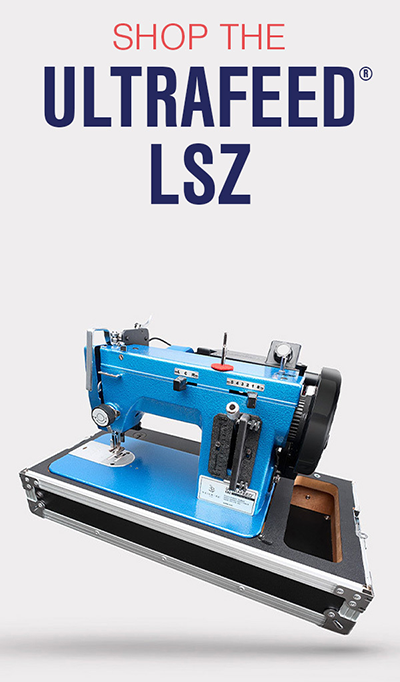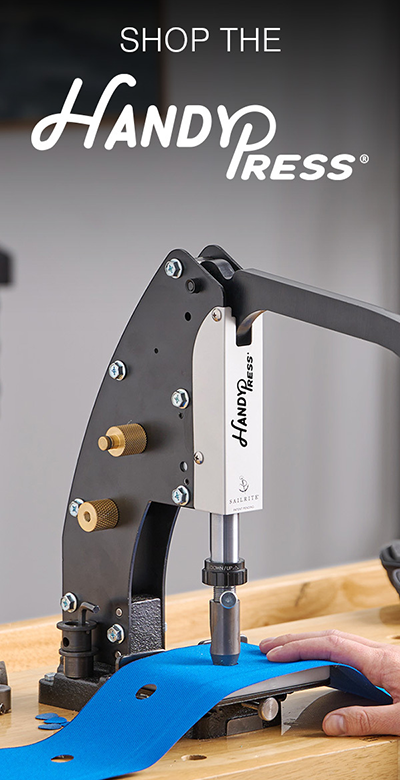
Capo 30
Description
The Capo 30, also known as the Schumacher 30, is a 30-foot monohull sailboat designed by Carl Schumacher and built by Westerly Marine (US) between 1984 and 1985, with only 8 units produced. It was designed to compete under the MORC (Midget Ocean Racing Club) rule and is considered a high-performance racing boat, though it’s better suited for coastal cruising due to its stability and capsizing characteristics.
Construction Details
| Designer | Carl Schumacher |
|---|---|
| Builder | Westerly Marine (USA) |
| Length | 30.000 ft |
| LOA | 30.000 ft |
| LWL | 25.000 ft |
| Beam | 10.330 ft |
| Displacement | 7200 lb |
| Max Draft | 5.430 ft |
The standard boat dimensions
| i | 42 ft |
|---|---|
| j | 12.80 ft |
| p | 36 ft |
| e | 11.50 ft |
| p2 | - |
| e2 | - |
| i2 | - |
| j2 | - |
| I | J | P | E | P2 | E2 | I2 | J2 |
|---|---|---|---|---|---|---|---|
| 42 ft | 12.80 ft | 36 ft | 11.50 ft | - | - | - | - |
Sails
Capo 30 - MAINSAIL
| Luff | * 36 ft - (10973 mm) |
|---|---|
| Foot | * 11.5 ft - (3505 mm) |
| Leech | * 37.17 ft - (11329 mm) |
| Tack Angle | * 88 ° |
| Diagonal | * 37.41 ft - (11403 mm) |
| Head (inches) | * 5.25 in - (133 mm) |
| Area | * 213.7 ft² |
| Edit in Calculator |
Capo 30 - JIBSAIL
| Luff | * 35.13 ft - (10708 mm) |
|---|---|
| Foot | * 16.82 ft - (5127 mm) |
| Leech | * 30.74 ft - (9370 mm) |
| Percentage LP | * 115 % |
| Length Perpendicular | * 14.72 ft - (4487 mm) |
| Deck Angle | * 12 ° |
| Area | * 258.52 ft² |
| Edit in Calculator |
Capo 30 - GENOA
| Luff | * 41.71 ft - (12713 mm) |
|---|---|
| Foot | * 20.56 ft - (6267 mm) |
| Leech | * 39.36 ft - (11997 mm) |
| Percentage LP | * 150 % |
| Length Perpendicular | * 19.2 ft - (5852 mm) |
| Deck Angle | * 4 ° |
| Area | * 400.44 ft² |
| Edit in Calculator |
Capo 30 - GENOA
| Luff | 41 ft - (12497 mm) |
|---|---|
| Foot | 17.75 ft - (5410 mm) |
| Leech | 38.75 ft - (11811 mm) |
| Percentage LP | * 130.39 % |
| Length Perpendicular | * 16.69 ft - (5087 mm) |
| Deck Angle | * 2.91 ° |
| Area | * 342.23 ft² |
| Edit in Calculator |
Capo 30 - DRIFTER
| Luff | * 41.71 ft - (12713 mm) |
|---|---|
| Foot | * 21.35 ft - (6507 mm) |
| Leech | * 37.64 ft - (11473 mm) |
| Perc LP | * 150 % |
| Length Perp | * 19.2 ft - (5852 mm) |
| Deck Angle | * 8.98 ° |
| Area | * 400.43 ft² |
| Edit in Calculator |
Capo 30 - ASYMMETRICAL
| Luff | 42 ft - (12802 mm) |
|---|---|
| Foot | 22 ft - (6706 mm) |
| Leech | 40 ft - (12192 mm) |
| Perc LP | * 165 % |
| Area | * 693 ft² |
| Edit in Calculator |
Disclaimer. Boats are not all the same -- even when produced in the same factory of the same model. Sailrite does its best to publish accurate dimensions, but we often find it worthwhile to have our customers measure their boats carefully before we produce kits for them. You should take the same precautions, especially when the data is not from Sailrite. The information on this site is not guaranteed to be accurate. Sailrite offers this content as a service to our community, but takes no responsibility for the reliability of the data provided.



